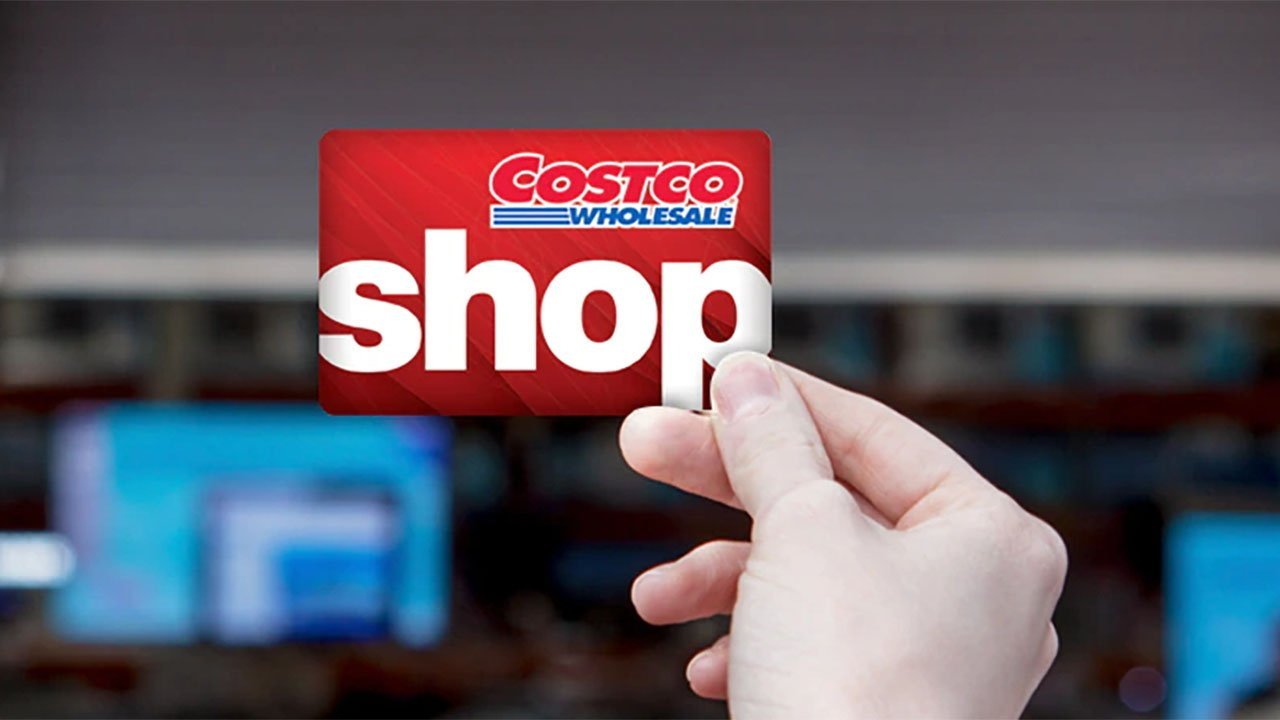
This election will determine Charleston County's future for generations. Voters are being asked to decide whether to extend the expiring 2004 half-percent transportation sales tax — an existing tax, a third of which is paid for by non-Charleston County residents, that costs the median-income family of four less than $10 per month. The renewed sales tax would continue the county’s transportation program by funding the completion of the Mark Clark Expressway and other much-needed projects across James Island, Johns Island, North Charleston, Mount Pleasant and West Ashley, plus roadwork, transit and preservation projects throughout the county.
The question has been asked: Can the county be trusted to deliver? We are stepping forward today to say yes, and here's why. The county website lists the more than 200 transportation projects completed over the history of the sales tax program, with another 100-plus projects underway. That's a far cry from nothing being accomplished with taxpayer funding.
The 2004 transportation sales tax revenue made possible improvements people use every day — Johnnie Dodds widening, Folly Road-Maybank improvements, Harbor View Road improvements, Glenn McConnell and Bees Ferry Road improvements, the Folly Road and Camp Road intersection and the county’s Ravenel Bridge commitment. The Maybank widening project was terminated when a prior city of Charleston administration refused to grant municipal consent, arguing the pitchfork could solve traffic. The 2016 transportation sales tax projects are also coming online, and the pipeline is full: It is inconceivable how horrible safety and traffic would be if none of this work was completed or underway.
Infrastructure work on this scale is a process that takes time and resources, but don't be fooled, the county is delivering. The fact is, we are less than eight years into the 2016 transportation sales tax's 25-year tax term, with a pay-as-you-go (non-bonded) model, meaning the county's money is spent as it is collected. That fiscally responsible approach has saved taxpayers $200 million so far.
County staff are hard at work on these major, complex infrastructure projects that entail lengthy permitting, design, right-of-way and community input processes, and real progress is being made across the board. A look at the big picture highlights the true story: More than 200 transportation projects have been delivered, and the paving program has seen thousands of roads resurfaced or preserved. Meanwhile, 25,000 acres have been preserved, and the state’s largest transit system delivers more than 2 million rides every year.
County Council members will come and go, but as Charleston County grows, we are confident the county will continue to deliver. A "yes" vote offers a better future with safer roads, reduced traffic, rapid transit and increased preservation. A "no" vote would ignore safety needs, risk transit service, eliminate greenbelt funding and increase project costs.
A "no" vote equals no solutions. The choice is clear. Vote "yes" on local ballot questions 1 and 2.
Herb Sass and Jenny Honeycutt are members of Charleston County Council. Their colleagues Joe Boykin, Brantley Moody, Kylon Middleton and Teddie Pryor contributed to and join in the opinions expressed in this commentary..














